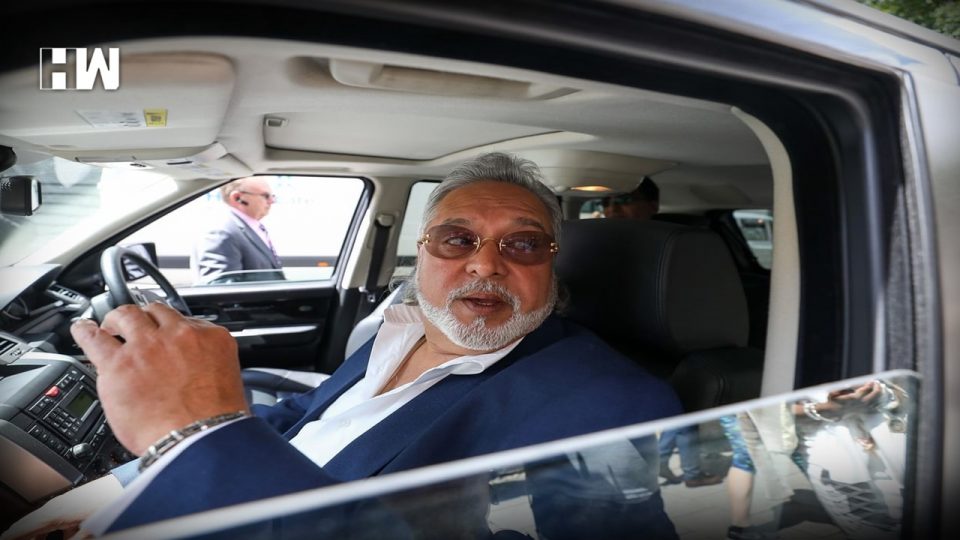Mr Mallya, if extradited to India, will face charges of fraud and money laundering related to the now-defunct Kingfisher Airlines.
During a remote hearing on January 22, the barrister representing the liquor tycoon Vijay Mallya in bankruptcy proceedings in the High Court in London, confirmed that Mallya has applied to Home Secretary Priti Patel for “another route” to be able to stay in the U.K.
Vijay Mallya, whose legal challenge to the Indian government’s extradition request was turned down at the Supreme Court level in the U.K. last year, is still in Britain on bail until Ms Patel signs off on the order for him to be extradited to India. Mr Mallya, if extradited to India, will face charges of fraud and money laundering related to the now-defunct Kingfisher Airlines.
A legal process remains ongoing, the U.K. Home Office had confirmed recently before the extradition order can be executed.
The recent developments have raised speculations that Mallya had sought asylum in the U.K., details of which are neither confirmed nor denied by the Home Office in Britain while an application is pending.
Philip Marshall, Mallya’s barrister, when specifically asked by Deputy Insolvency and Companies Court Judge Nigel Barnett about the status of the extradition proceedings, said: “The extradition was upheld but he [Mallya] is still here because as you know there is another route for him to apply to the Secretary of State [Patel] for status.”
The reference by his barrister, in all likeliness, is to an asylum route, which, according to legal experts, would depend upon whether Mallya applied for asylum prior to the extradition request or after.
Earlier in 2018, in a similar case, the British government turned down India’s request for the extradition of Tiger Hanif, an alleged aide of underworld don Dawood Ibrahim wanted in India in connection with two bomb blasts in Surat in 1993. Hanif had claimed that if extradited to India, he will be tortured by the authorities.
Home Secretary Sajid Javid, a Pakistani-origin minister, refused India’s request for extradition in that case.
India, under the India-UK Extradition Treaty, is category two country, which means the Home Secretary has final sign-off on any extradition request, which in this case was turned down.
As an independent media platform, we do not take advertisements from governments and corporate houses. It is you, our readers, who have supported us on our journey to do honest and unbiased journalism. Please contribute, so that we can continue to do the same in future.

